- Home | Industry Update | Bangladesh's Textile Industry Struggles To Rebuild Amidst Po...
Bangladesh's Textile Industry Struggles To Rebuild Amidst Political Turmoil

The Bangladeshi textile sector, a vital pillar of the nation's economy, faces immense challenges in its efforts to reopen following widespread destruction and unrest during the July uprising and subsequent political turmoil. With factories inoperative for over seven months, nearly 100,000 workers remain unemployed, exacerbating the crisis in an industry that once thrived as a global textile hub.
The chaos and political violence that swept across the country led to the vandalism, arson, and ransacking of multiple textile and garment factories. Major industry players, including Beximco Group, which operates 14 production units, have been severely affected. The company's operations have been further complicated by the incarceration of its Vice-Chairman, Salman F Rahman, on charges of graft and murder, making it difficult to access financial aid or resume production.
Adding to the crisis, banks remain reluctant to provide loans or open letters of credit (LCs), leaving factory owners in dire straits. The inability to secure working capital has forced many to consider selling assets to settle debts. While the Bangladeshi government has released Taka 127 crore in initial financial assistance, stringent loan repayment conditions could push many factories to the brink of collapse.
Beximco Group has committed to final wage and service benefit payments amounting to Taka 525.46 crore for over 31,000 workers, a move seen as critical to sustaining the livelihoods of employees. However, political affiliations continue to determine the fate of many businesses, with some factory owners either imprisoned or forced to flee due to past ties with the Awami League government.
BEXIMCO is Bangladesh's largest conglomerate, with the largest market capitalisation on the country's stock market. BEXIMCO currently has operations and investments across a wide range of industries including textiles, pharmaceuticals, PPE, ceramics, real estate development, construction, trading, marine food, information and communication technologies, media, financial services, and energy.
05:42 PM, Mar 07
Other Related Topics

Rieter Issues Market Update on Completion of Barmag Acquisition
10:33 AM, Dec 20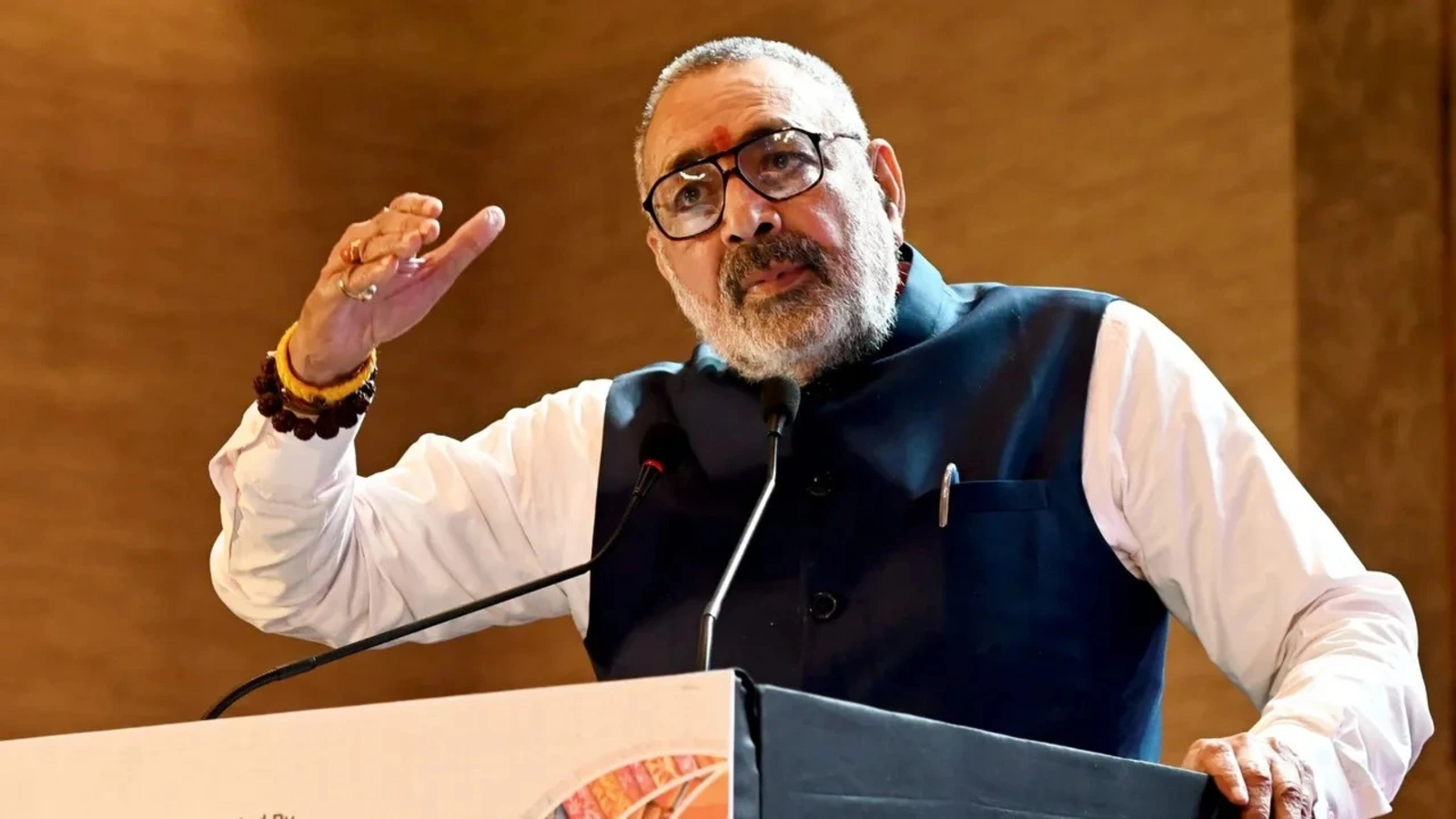
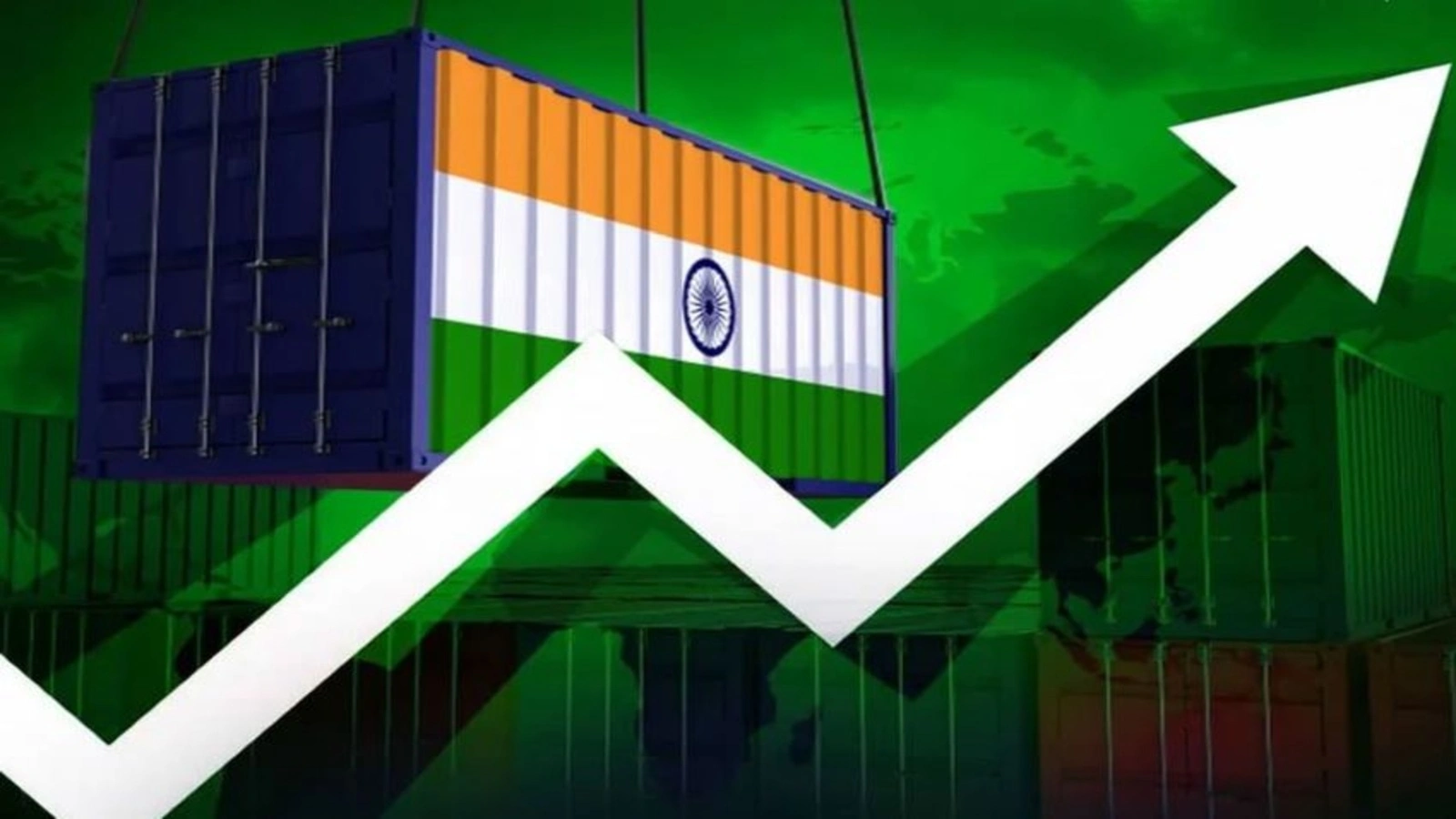
Indian Textile Exports Weave Strong Momentum with November Surge
11:24 AM, Dec 18Industry Update

Carrington Textiles Introduces Defence Stock Range for Faster Access to Military Fabrics...view more



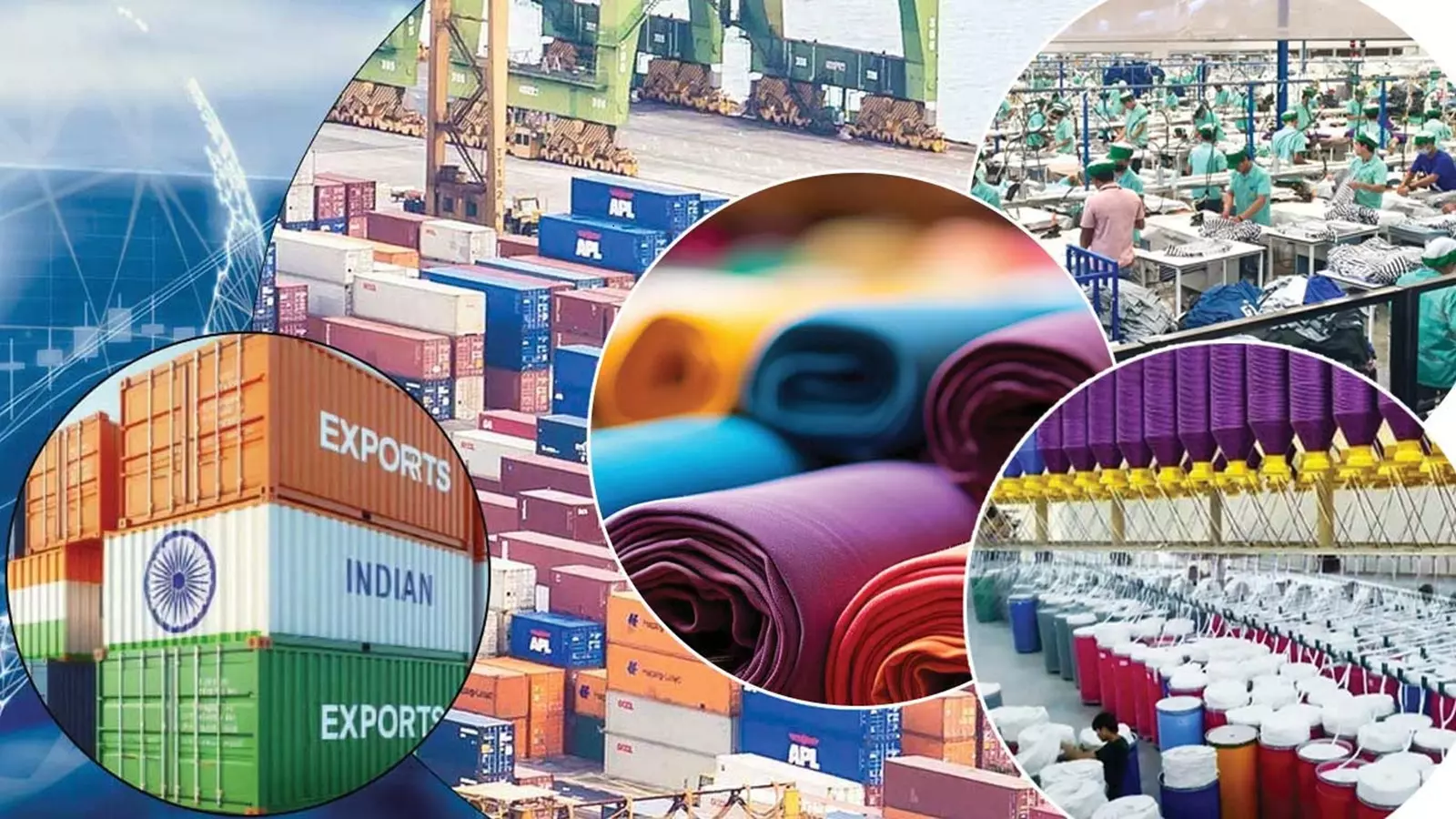
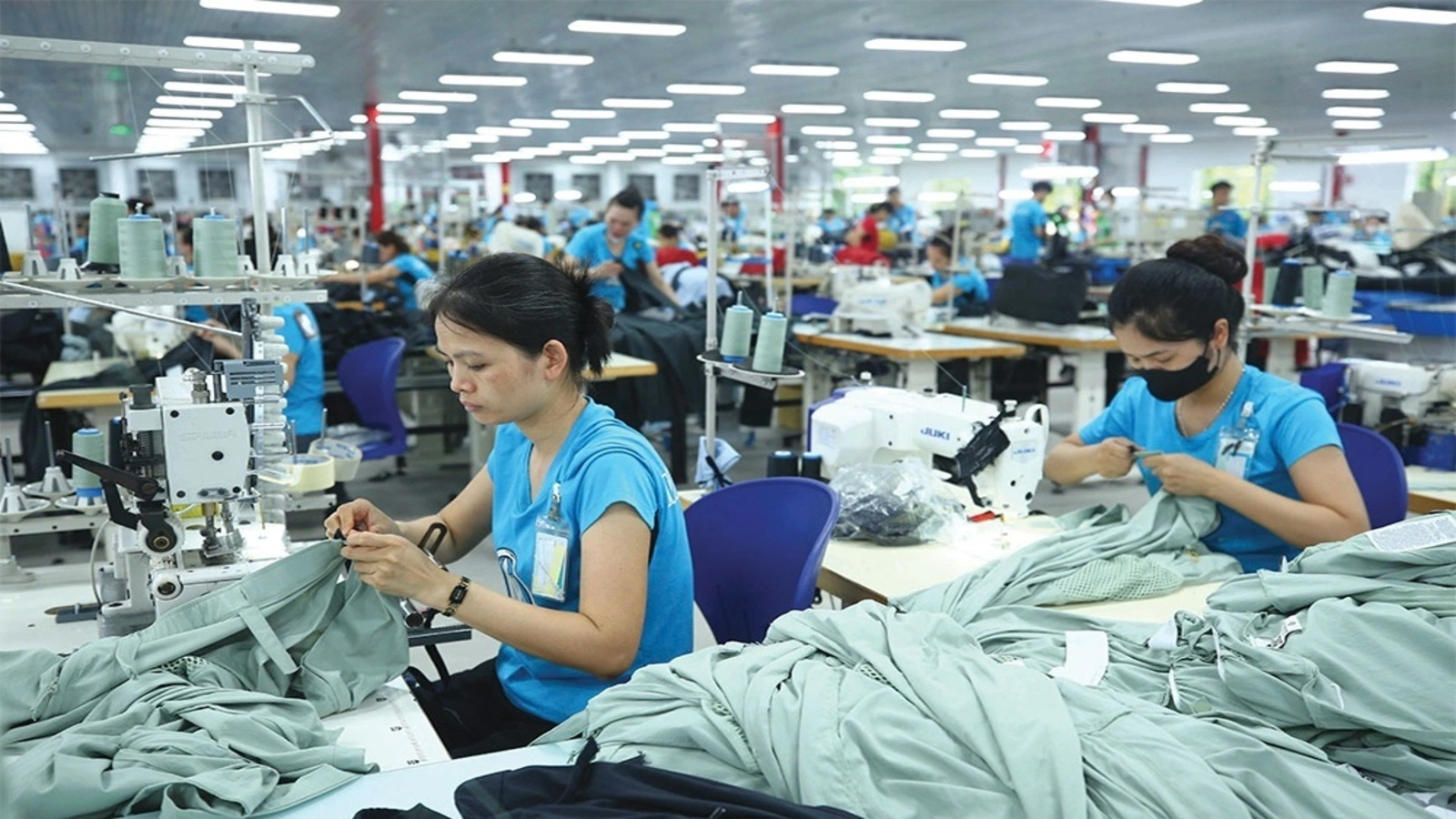
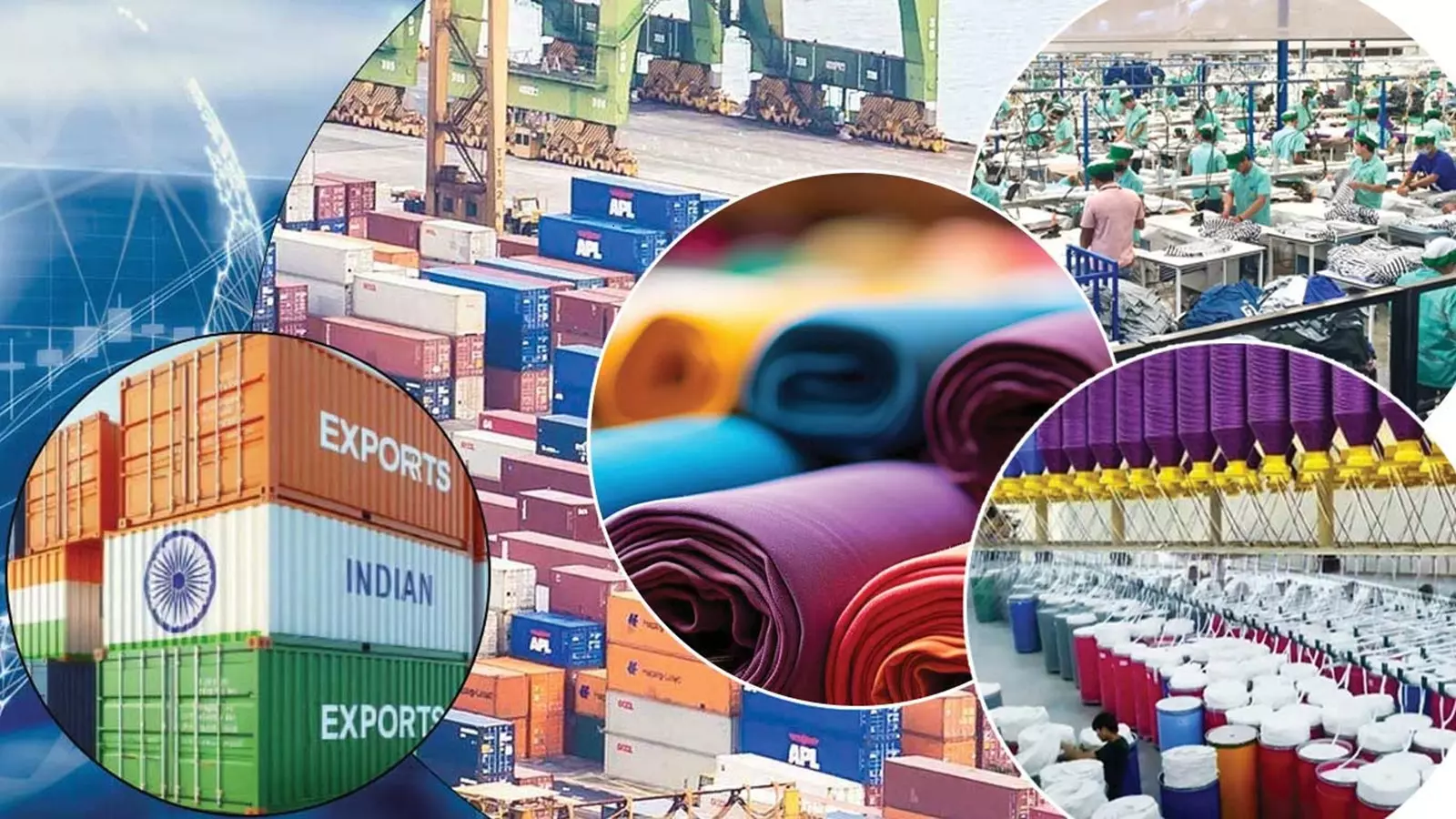

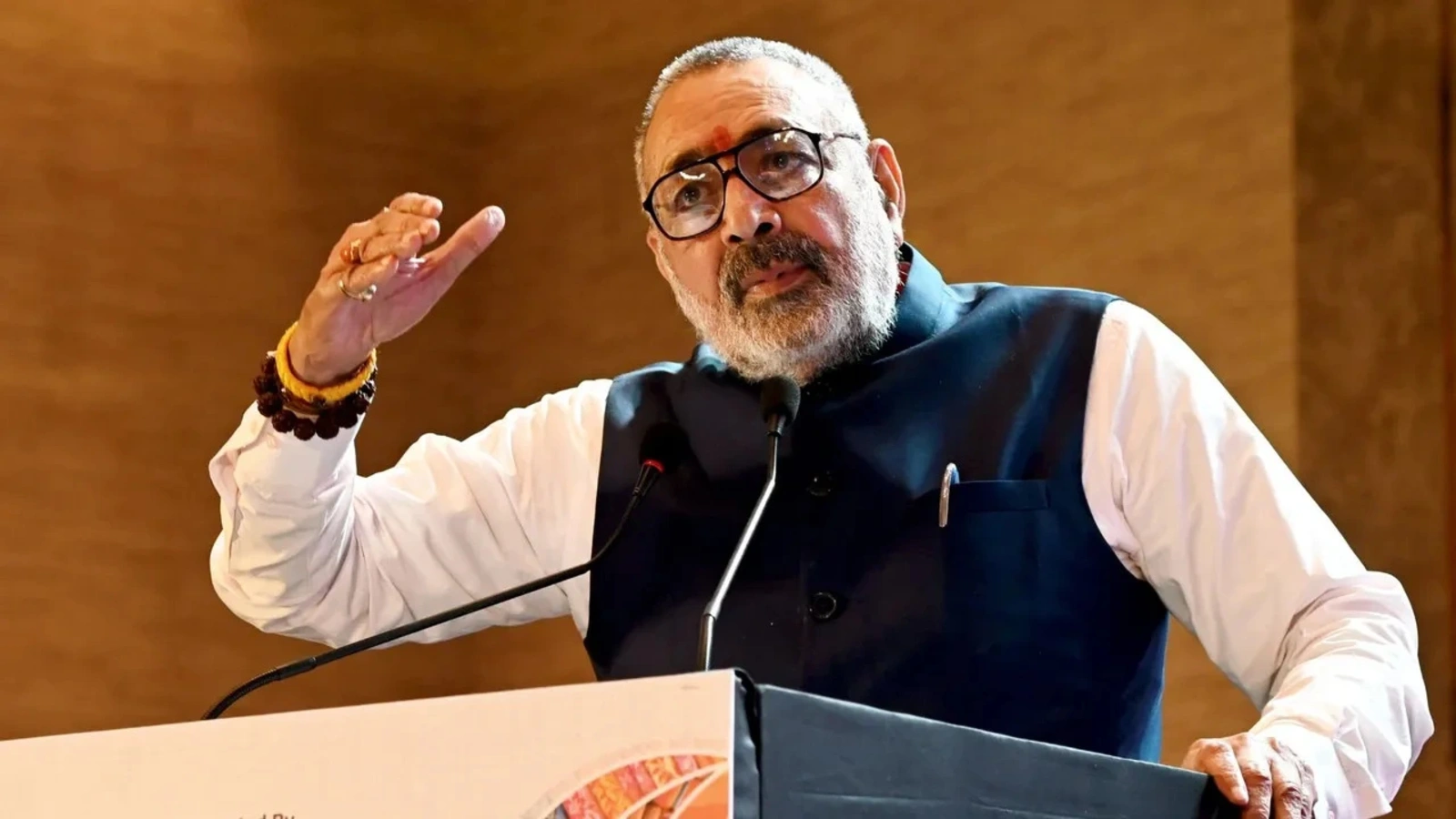
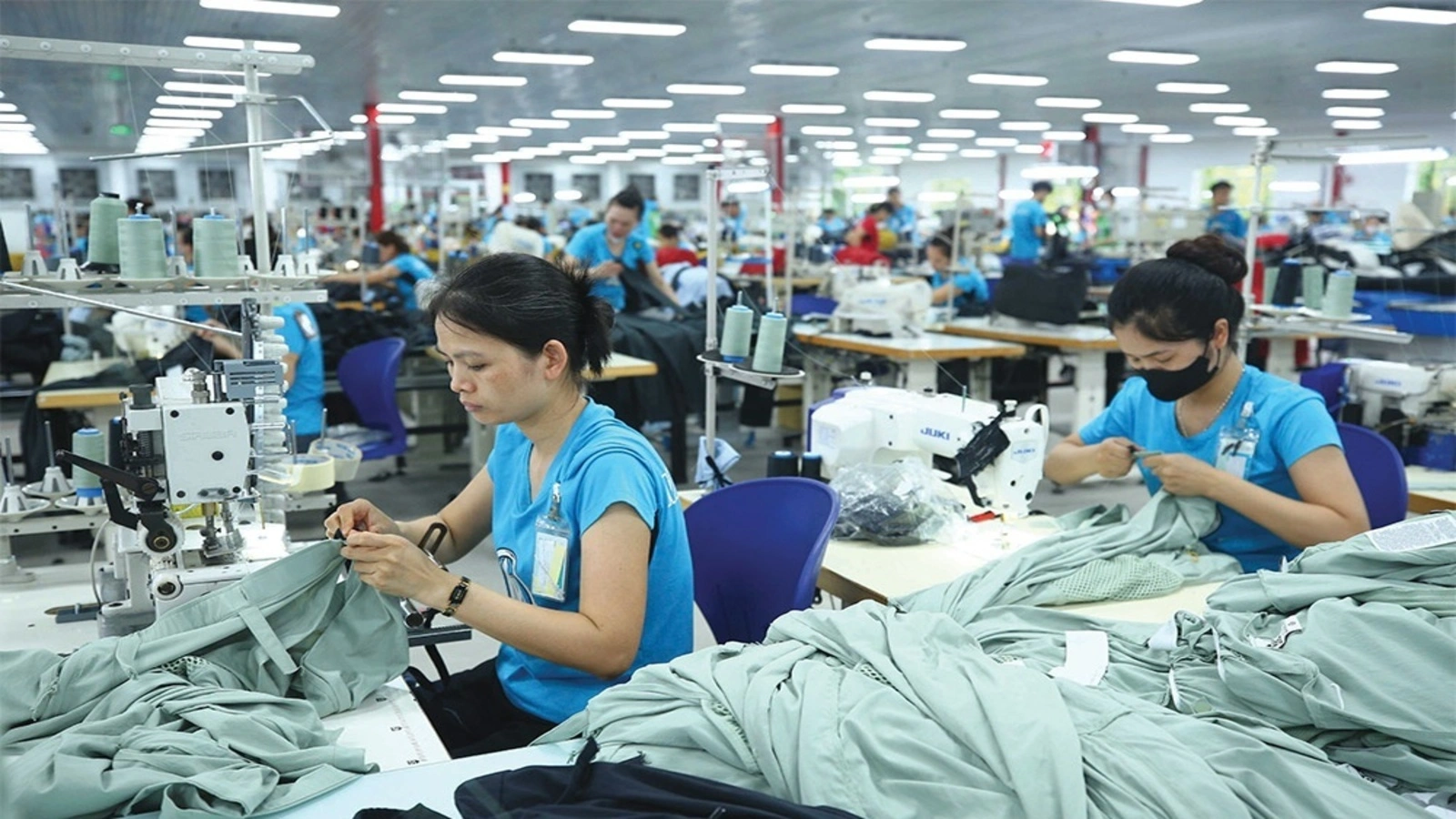
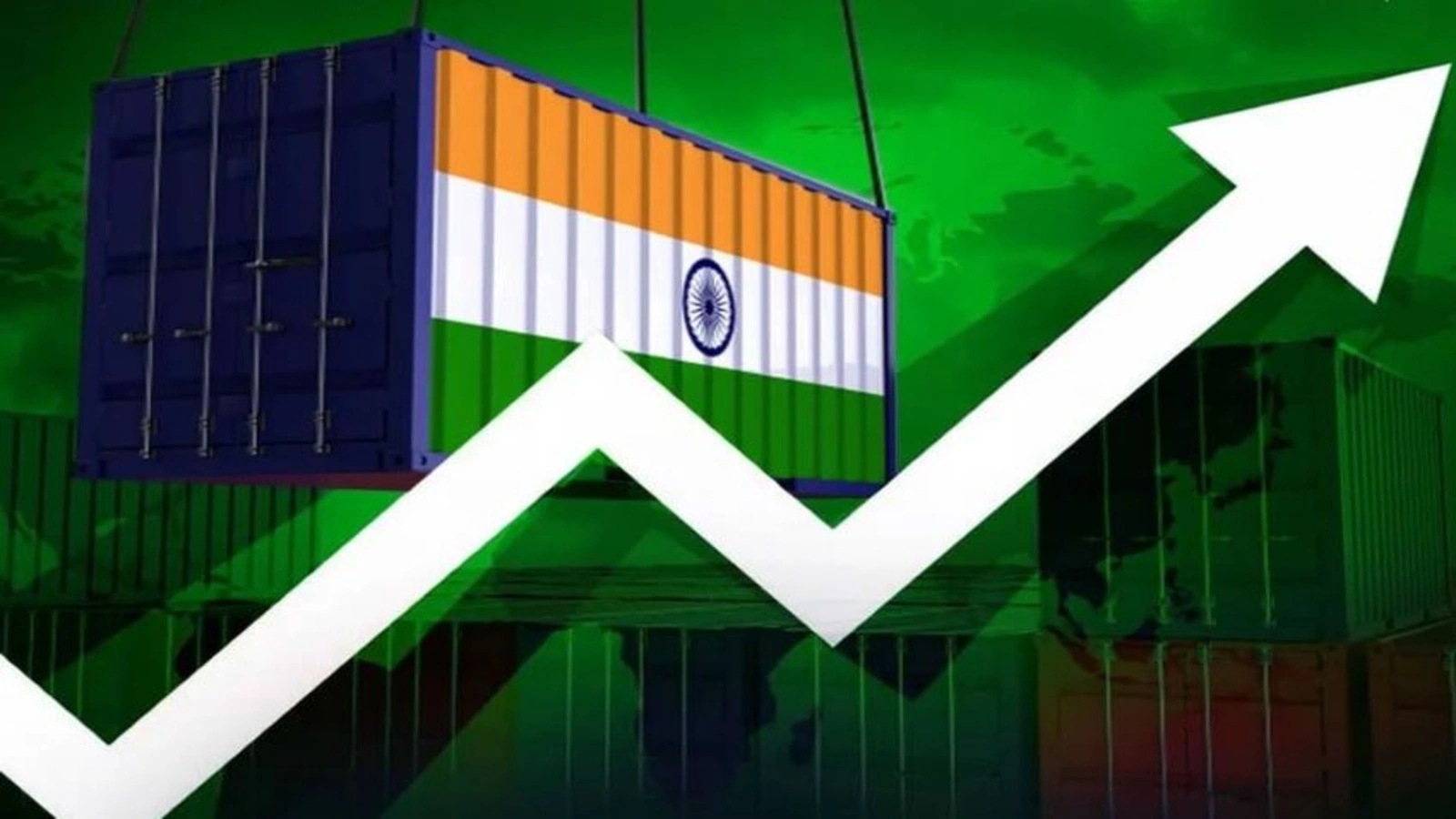
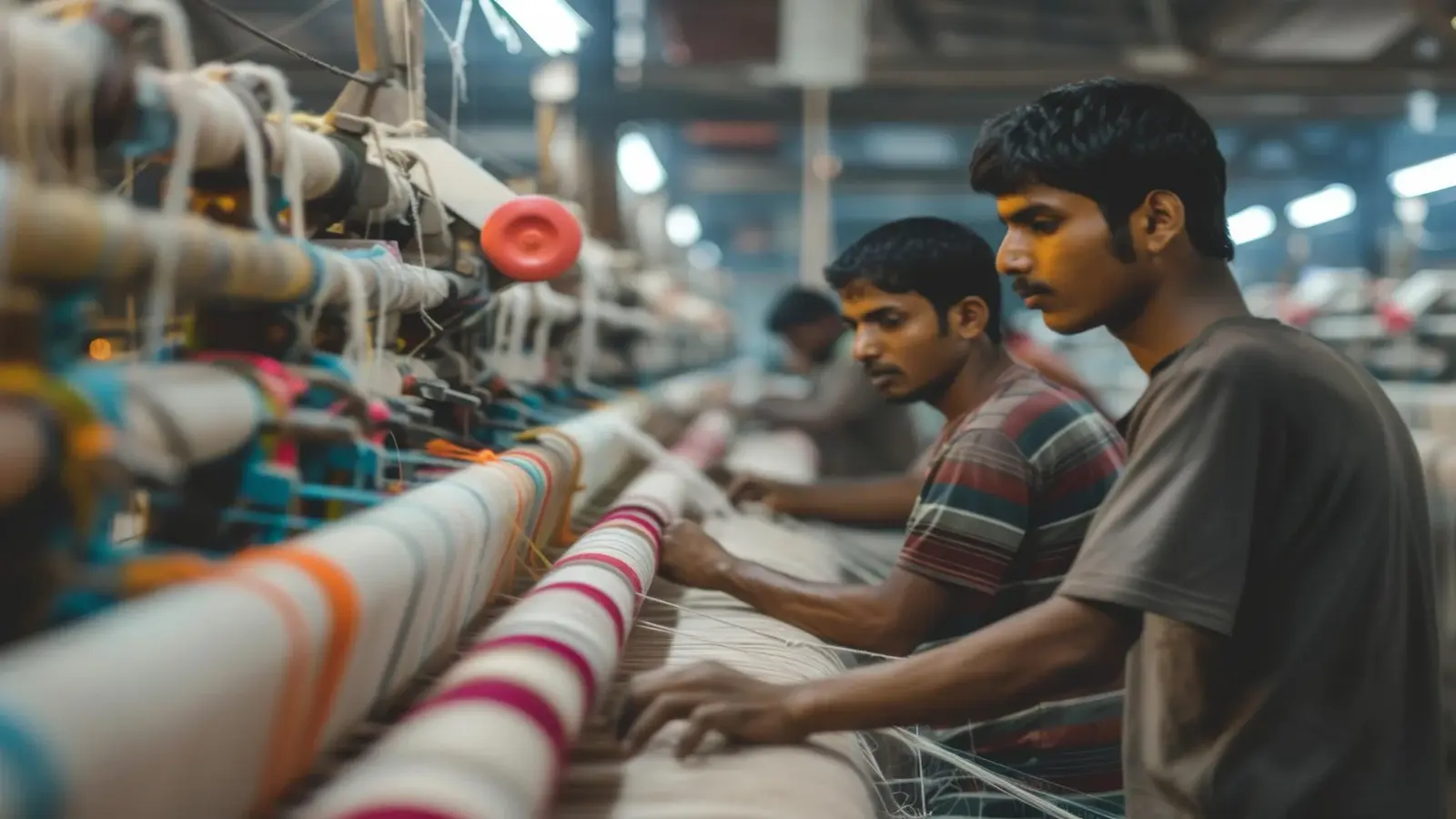

1.webp)






1.webp)

1.webp)
1.webp)
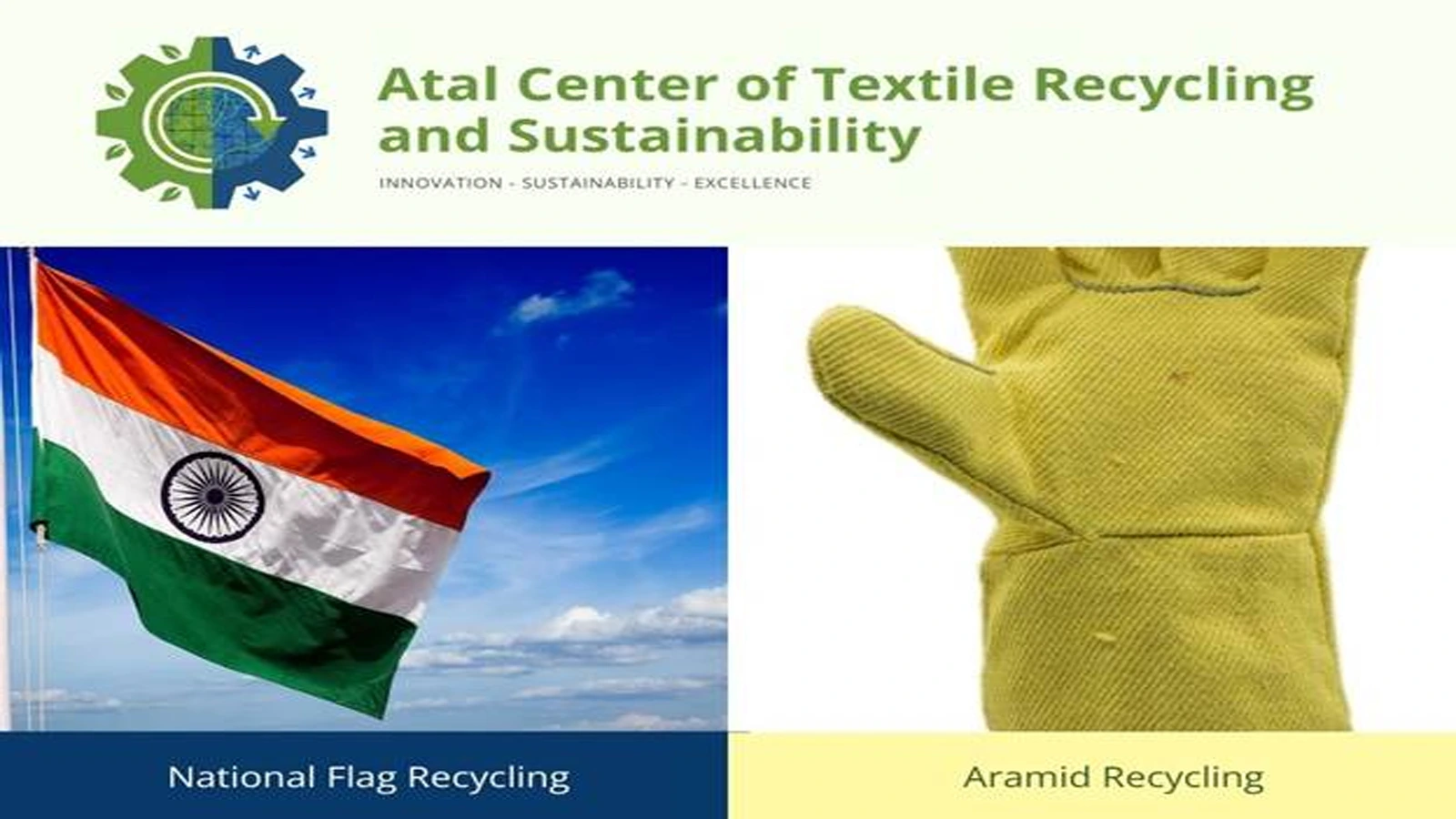
1.webp)

1.webp)

.webp)

1.webp)
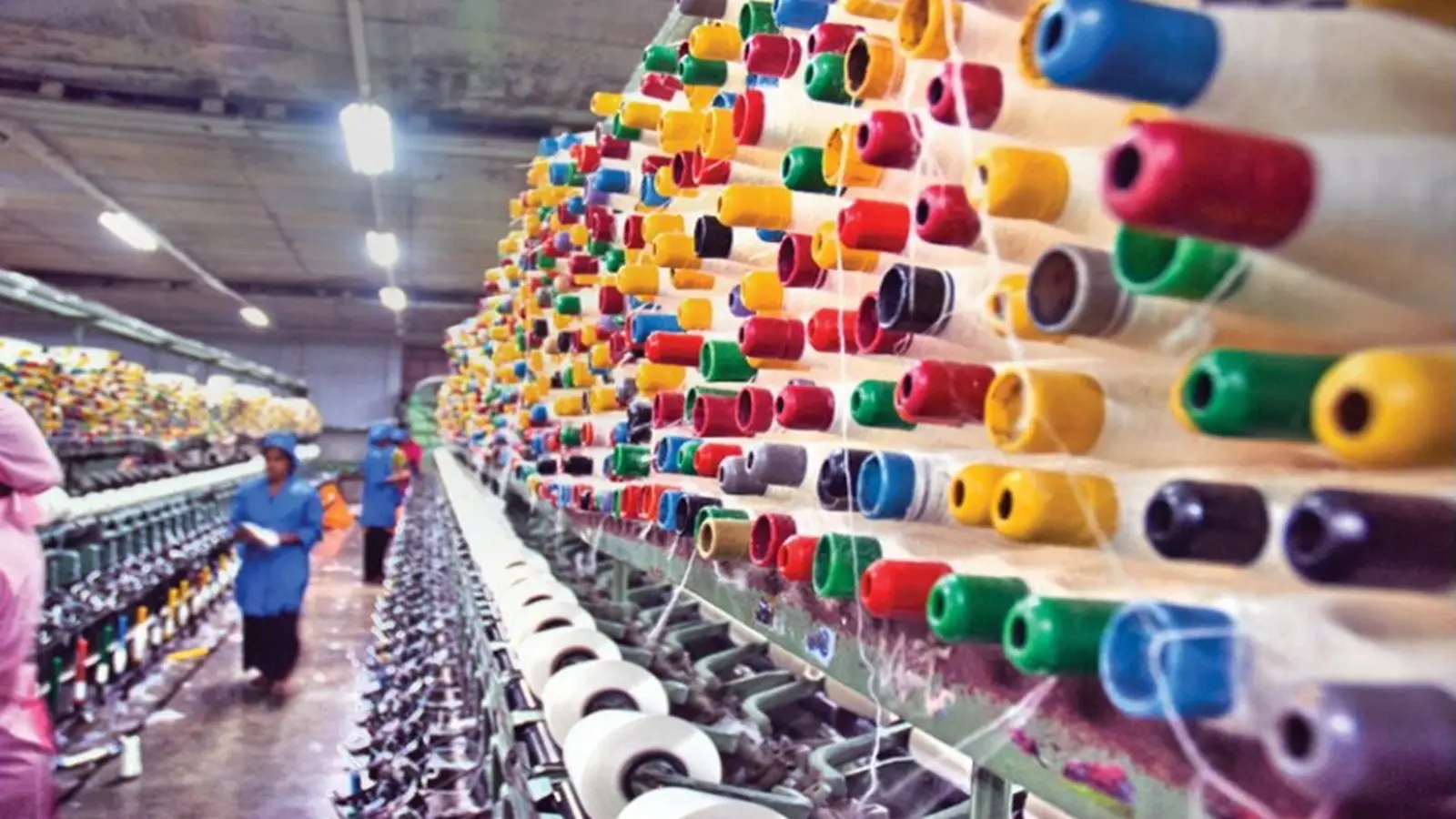
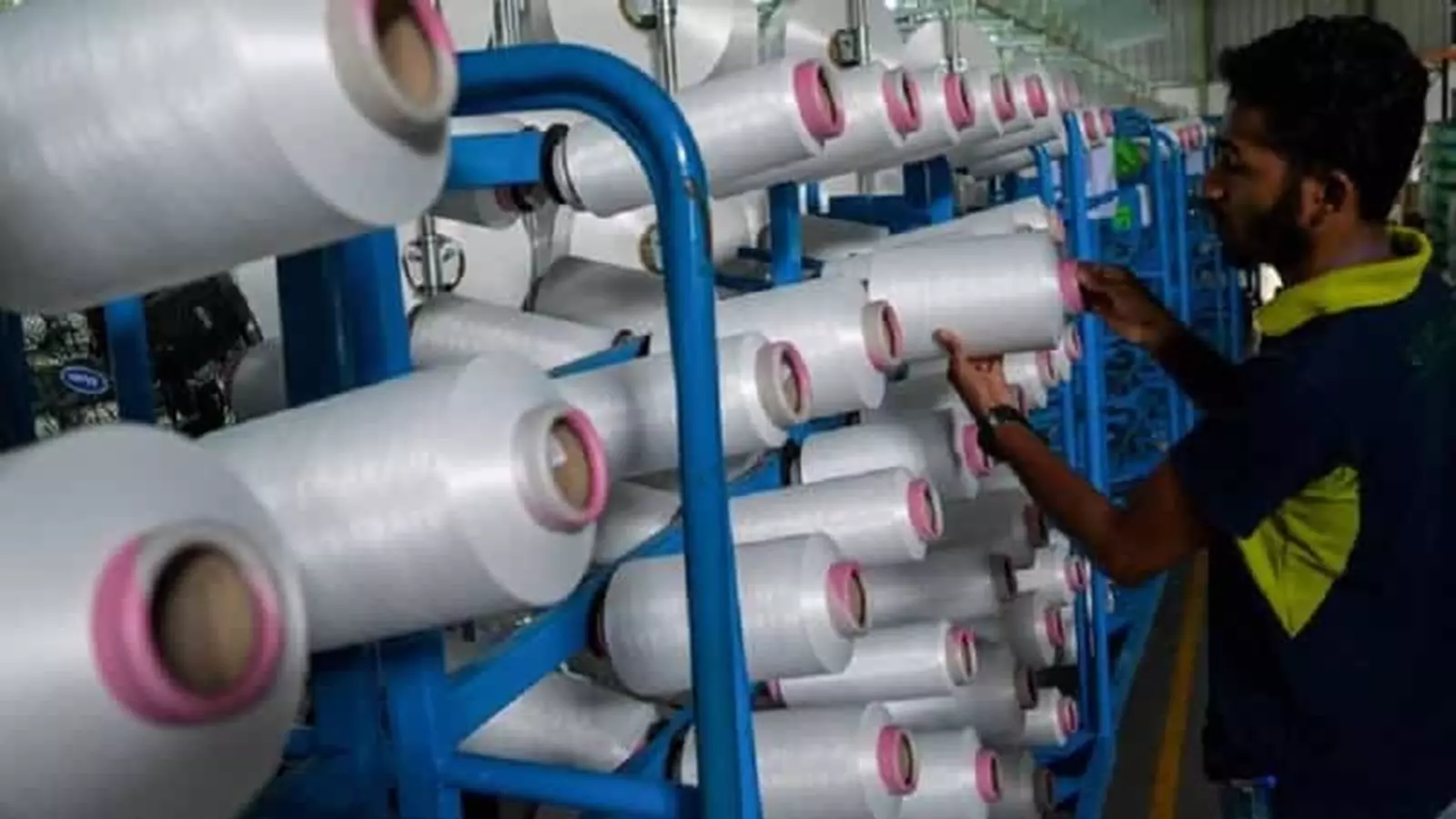

1.webp)







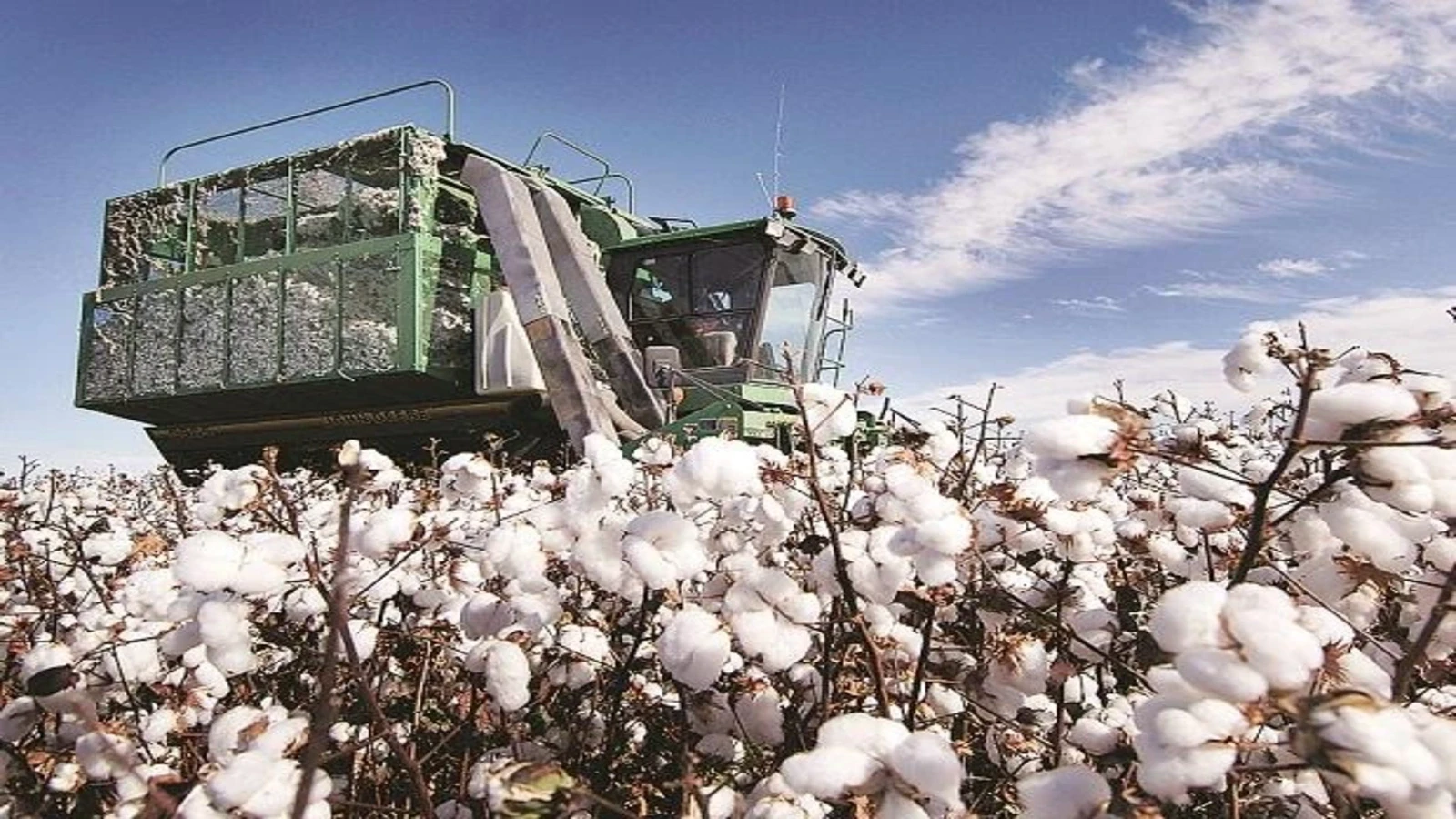
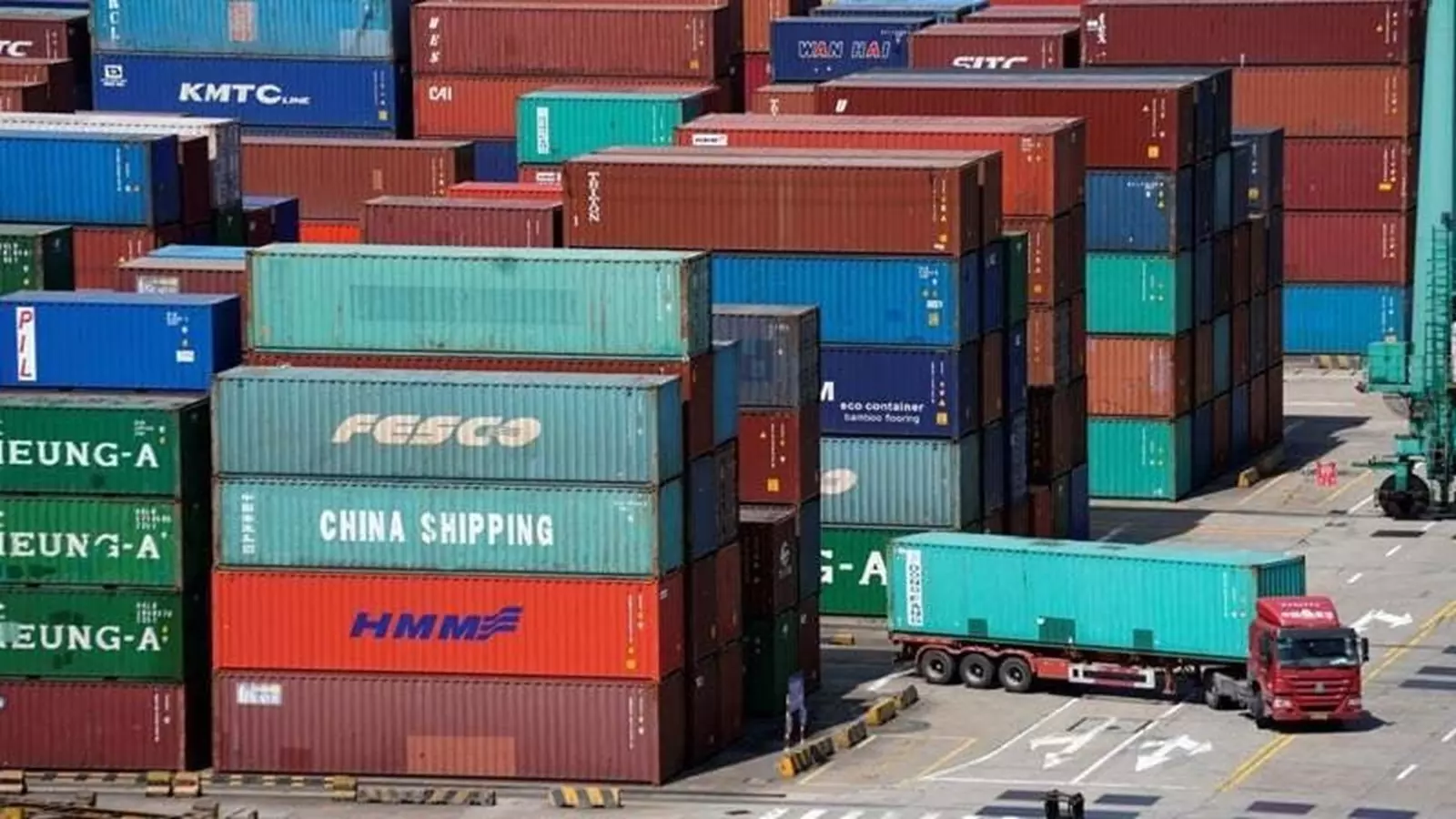
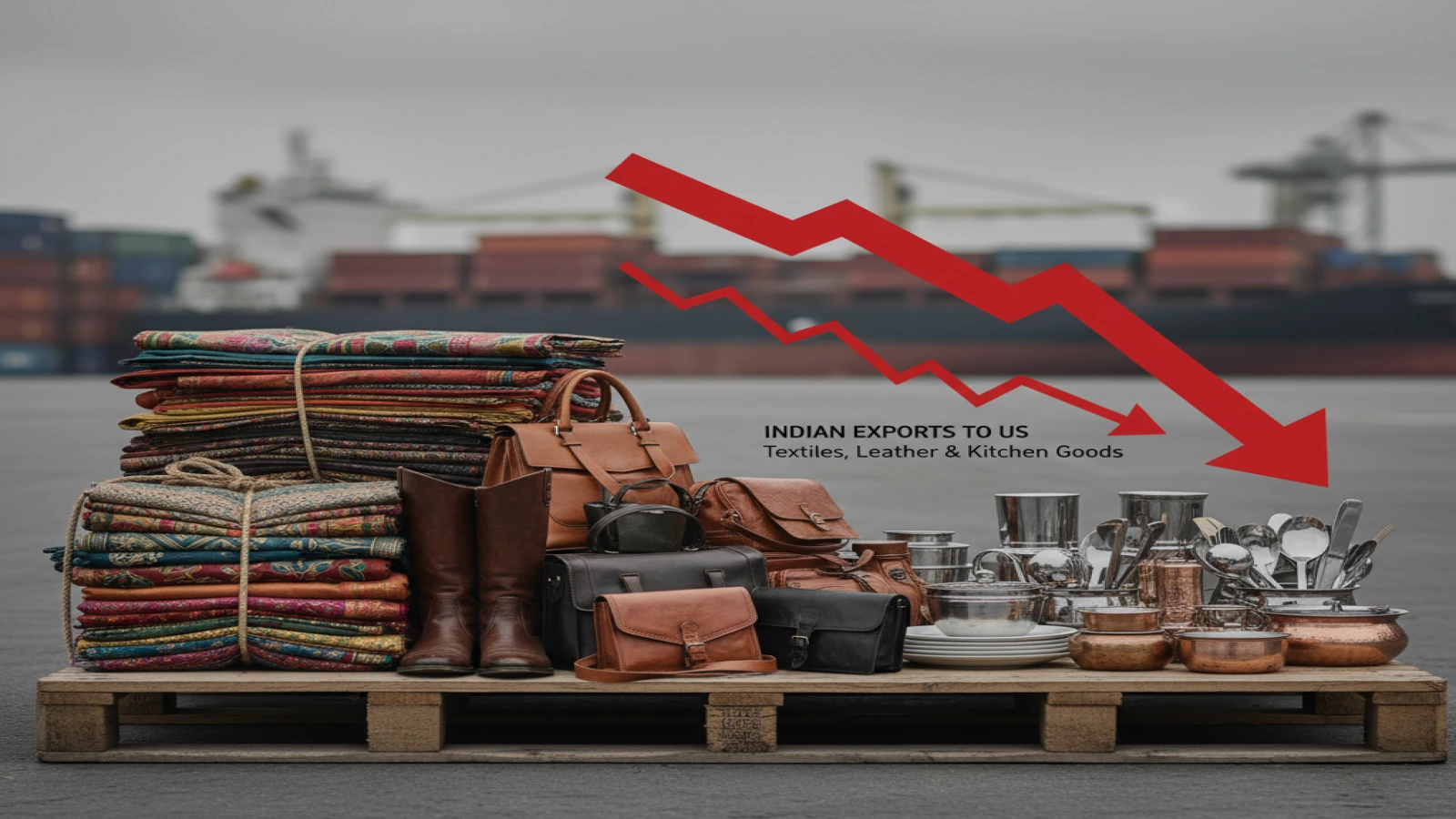
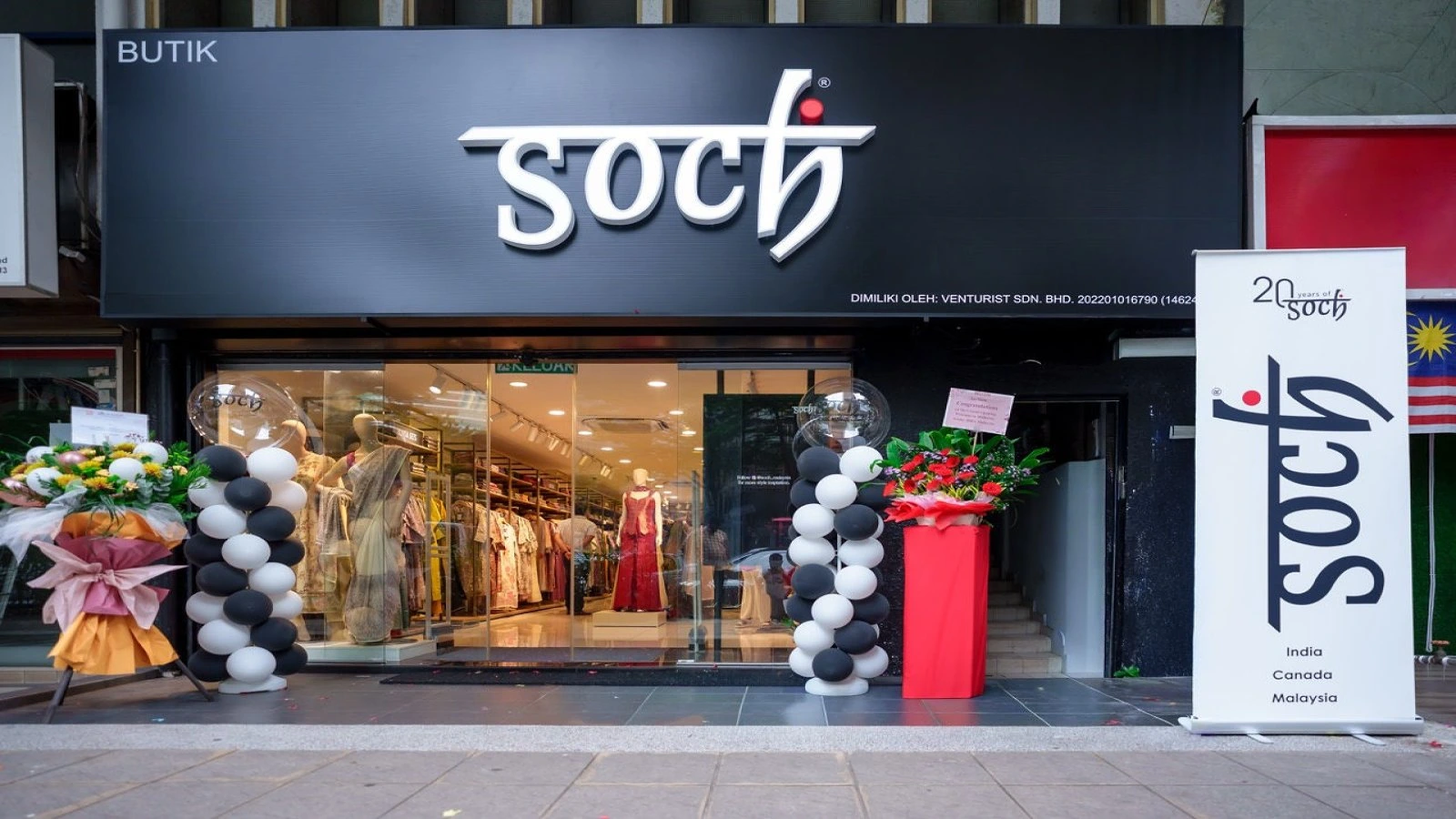
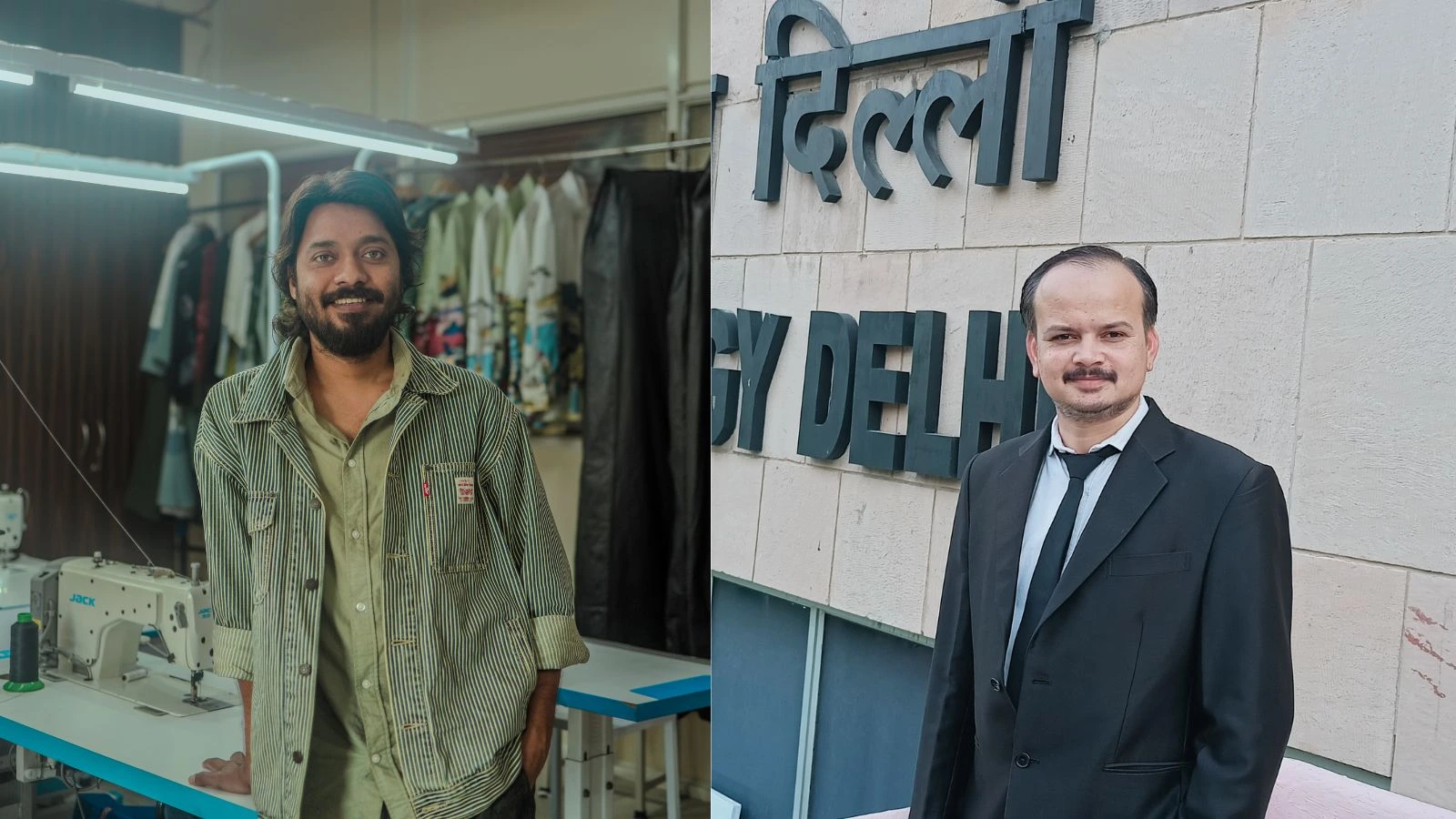

1.webp)
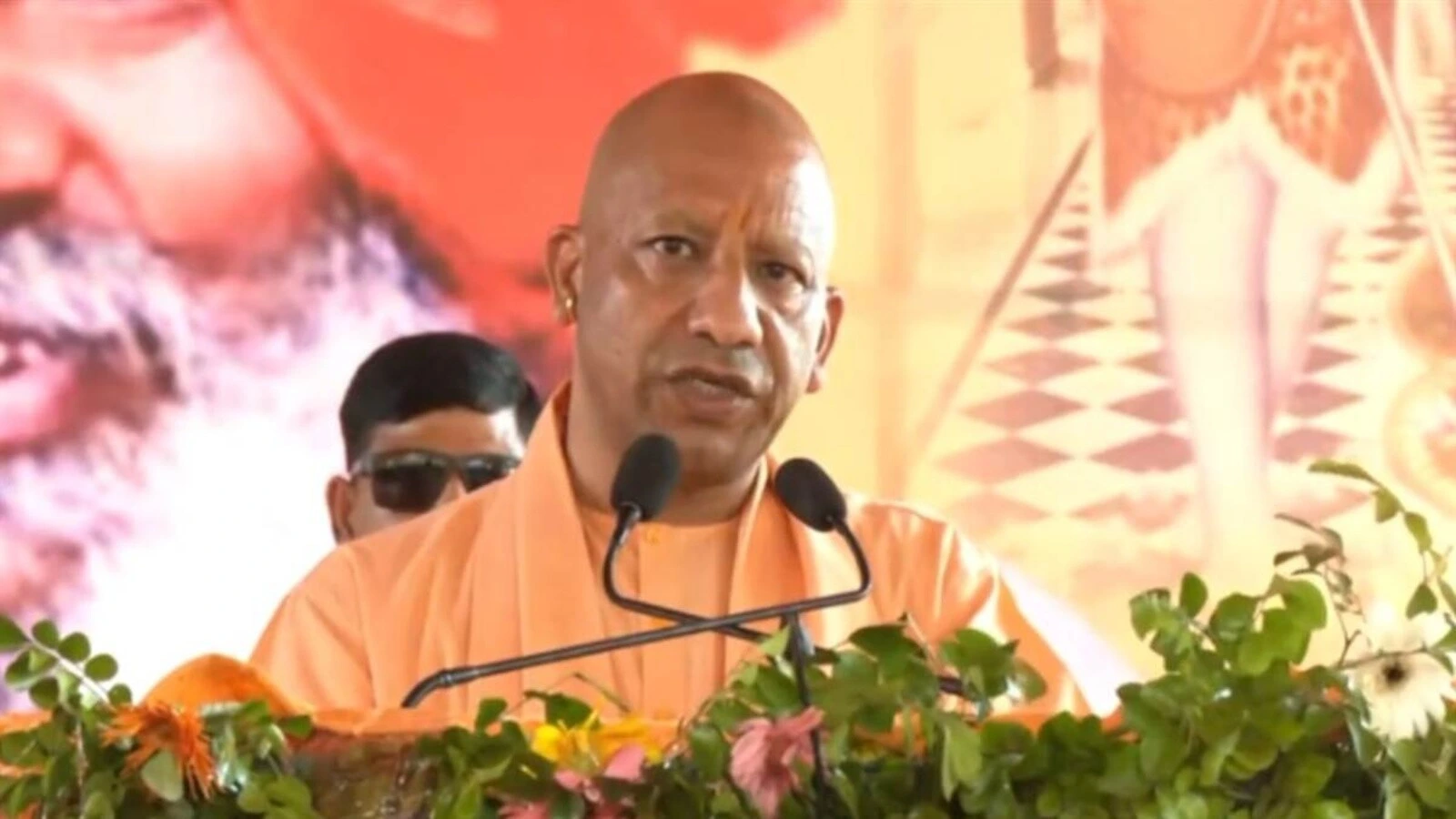
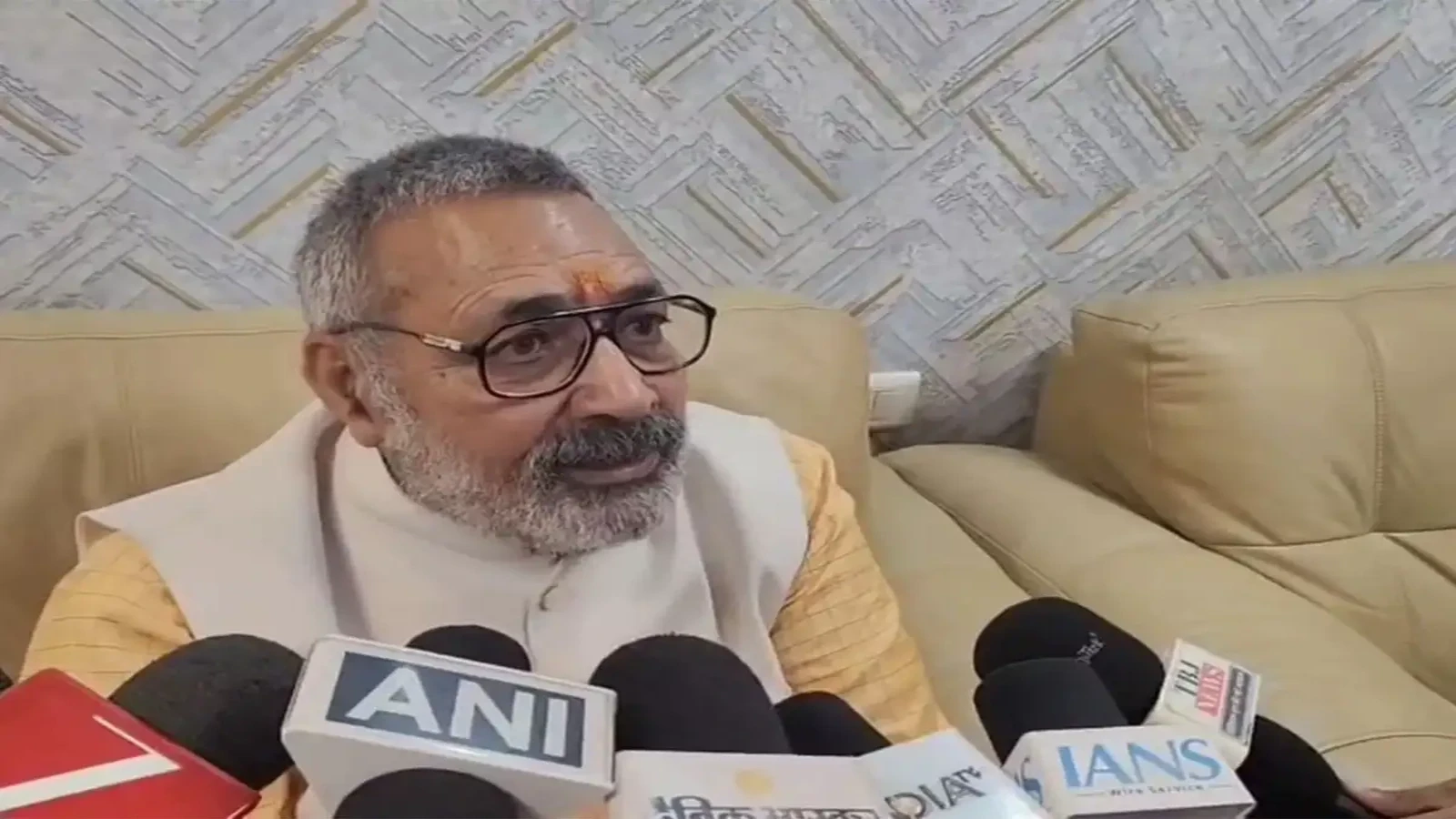




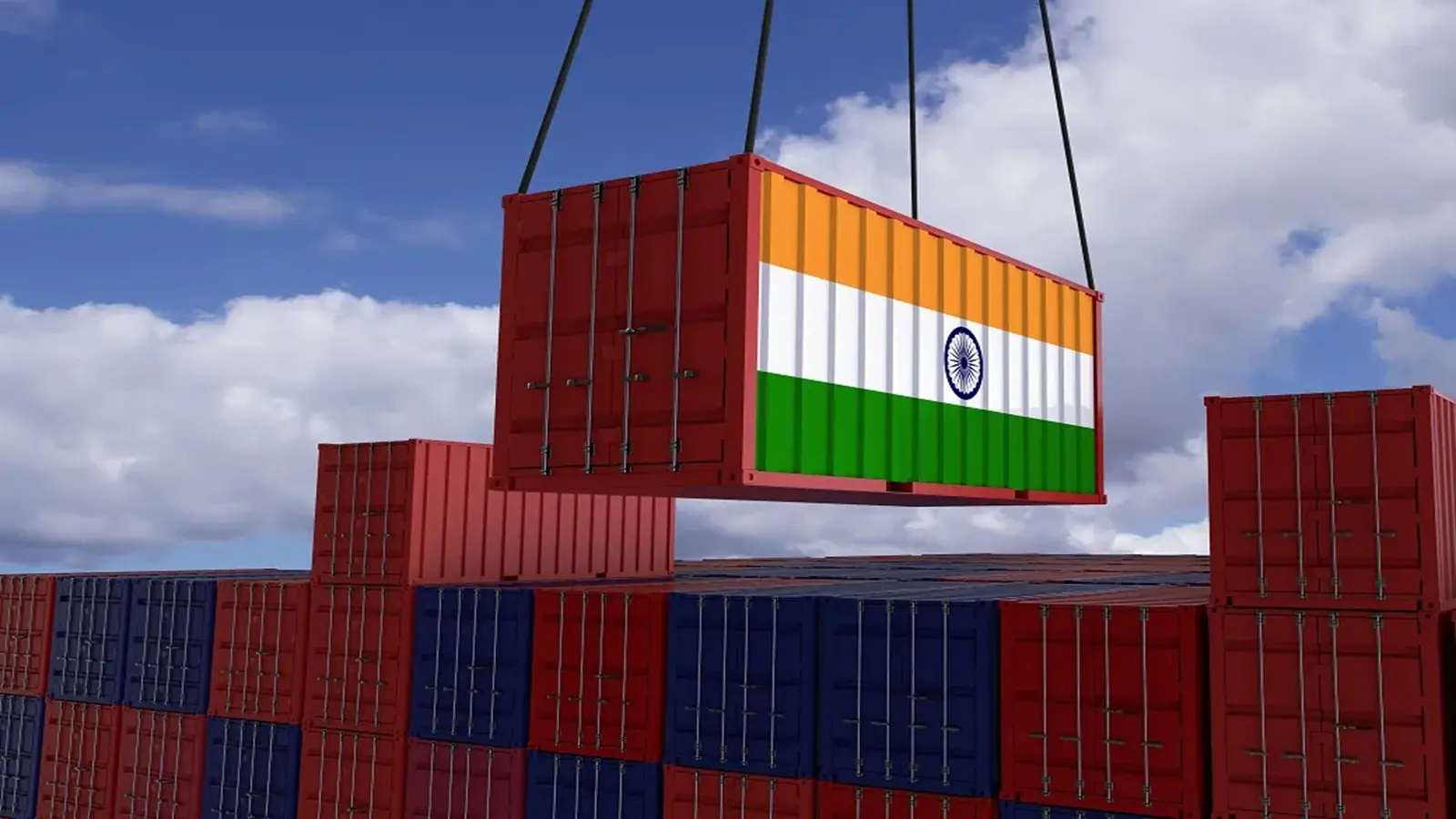

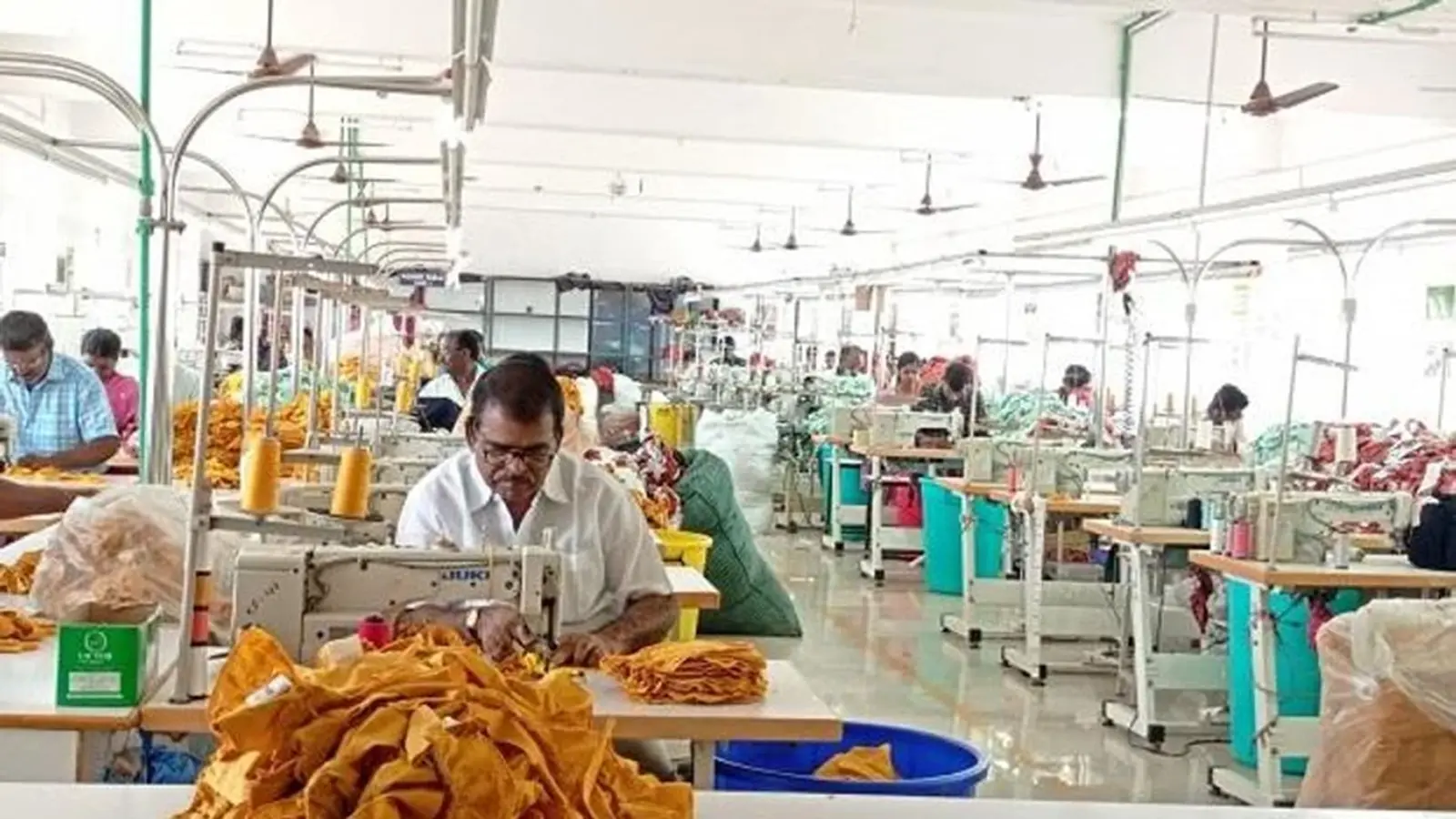



1.webp)


1.webp)

























1.webp)






















1.webp)





1.webp)
1.webp)














1.jpg)






















1.jpg)




























_large1.jpeg)

























































.png)










.jpg)
.jpg)
.jpg)










1.jpeg)